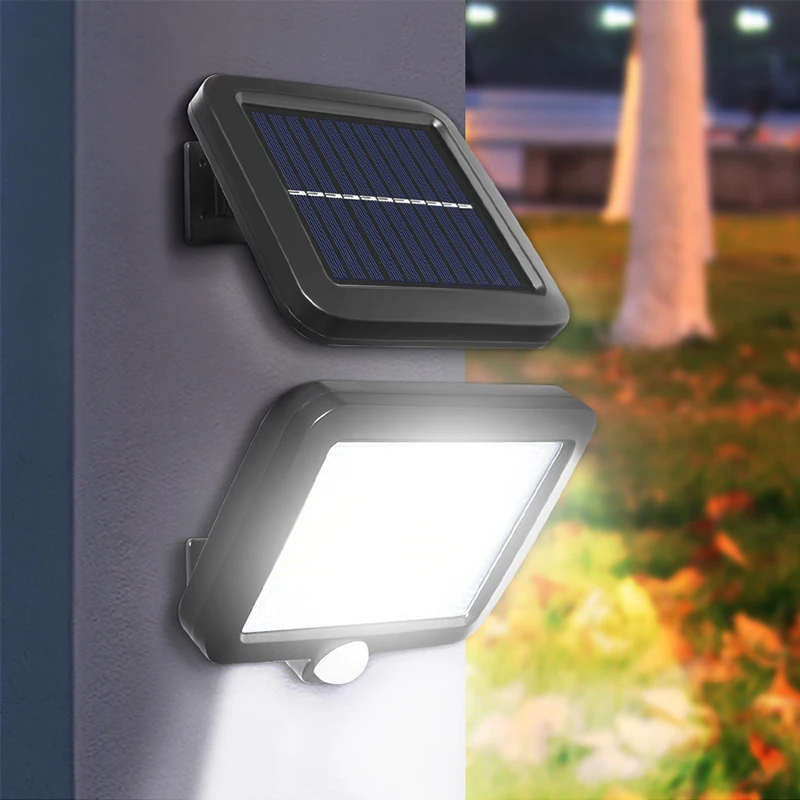Wissen, warum Insekten vom Licht angezogen werden: Insekten werden durch einen Prozess namens Phototaxis von Lichtquellen angezogen. Es wird angenommen, dass sich diese Gewohnheit als Fortbewegungsmechanismus entwickelt hat, Reproduktion, und Nahrungsbeschaffung. For navigation, many insects, especially those that are nocturnal, rely on the moonlight or other celestial signals. Artificial lighting has the potential to interfere with these natural signals, making insects confused and drawn to the source of light.
Elements Affecting Insect Attraction
The degree to which insects are drawn to light sources depends on a number of factors:
Light Spectrum: Certain light wavelengths, especially UV and blue light, cause insects to become more vulnerable. Insects are drawn to traditional light sources like incandescent and fluorescent bulbs because they release a lot of UV light. Jedoch, LED lights may be made to emit particular wavelengths, which may make them less appealing to insects.
Light Intensity: Another factor influencing insect attraction is the light source’s brightness or intensity. Insects are more drawn to bright lights than to dim ones. LED lights are known for producing high-intensity illumination, yet insects may not see them as well due to their directed and focused beams.
Farbtemperatur: An insect’s behavior may be influenced by the color temperature of the light, which is expressed in Kelvin (K). Insects are more drawn to warm-colored lights with lower color temperatures (like 2700K) than to cool-colored lights with higher color temperatures (like 5000K). LED lights come in a variety of color temperatures, so users can choose ones that will attract less insects.
Length of Light Exposure: The length of time lights are left on can have an impact on the attracting power of insects. Insects are more likely to be drawn to continuous nighttime lighting than to sporadic or shorter exposure times.
Do Insects Attract to LED Lights?
Whether LED lights attract insects is a complex question that depends on a number of the previously listed aspects. Compared to conventional light sources, LED lights produce less UV light, which might make them less alluring to some insects. Furthermore, LED lights can be customized to emit particular light wavelengths, reducing the attractiveness of insects.
It’s important to remember that visible light, which LED lights still produce, might draw insects, particularly if the light is strong and has a color temperature that is similar to daylight. In addition, even while LED lights might not be as appealing to certain insects, they might still attract others, especially those that are drawn to blue or white light.
Practical Considerations: A number of doable tactics can assist reduce the negative effects of LED lights for homeowners and outdoor lovers who are worried about insect attraction:
Select LED lights with color temperatures that are warmer (such 2700K) as opposed to ones that are colder.
Light fixtures with shielded or downward-facing lights are a good technique to keep light away from places where insects could gather.
Put in motion sensors or timers to regulate when LED lights switch on, cutting down on needless lighting during times of high bug activity.
To further reduce the number of insects, use insect repellent methods with LED illumination, such as citronella candles or bug zappers.
LED lights are not completely impervious to insect attraction, even if they might be less alluring to insects than more conventional light sources. Minimizing the impact of insects around residential and outdoor places can be achieved by choosing appropriate LED lighting solutions and by understanding the elements that influence insect behavior. People can benefit from the energy efficiency and adaptability of LED lighting while controlling possible insect-related concerns by striking a balance between the requirement for illumination and considerations for insect attraction.
